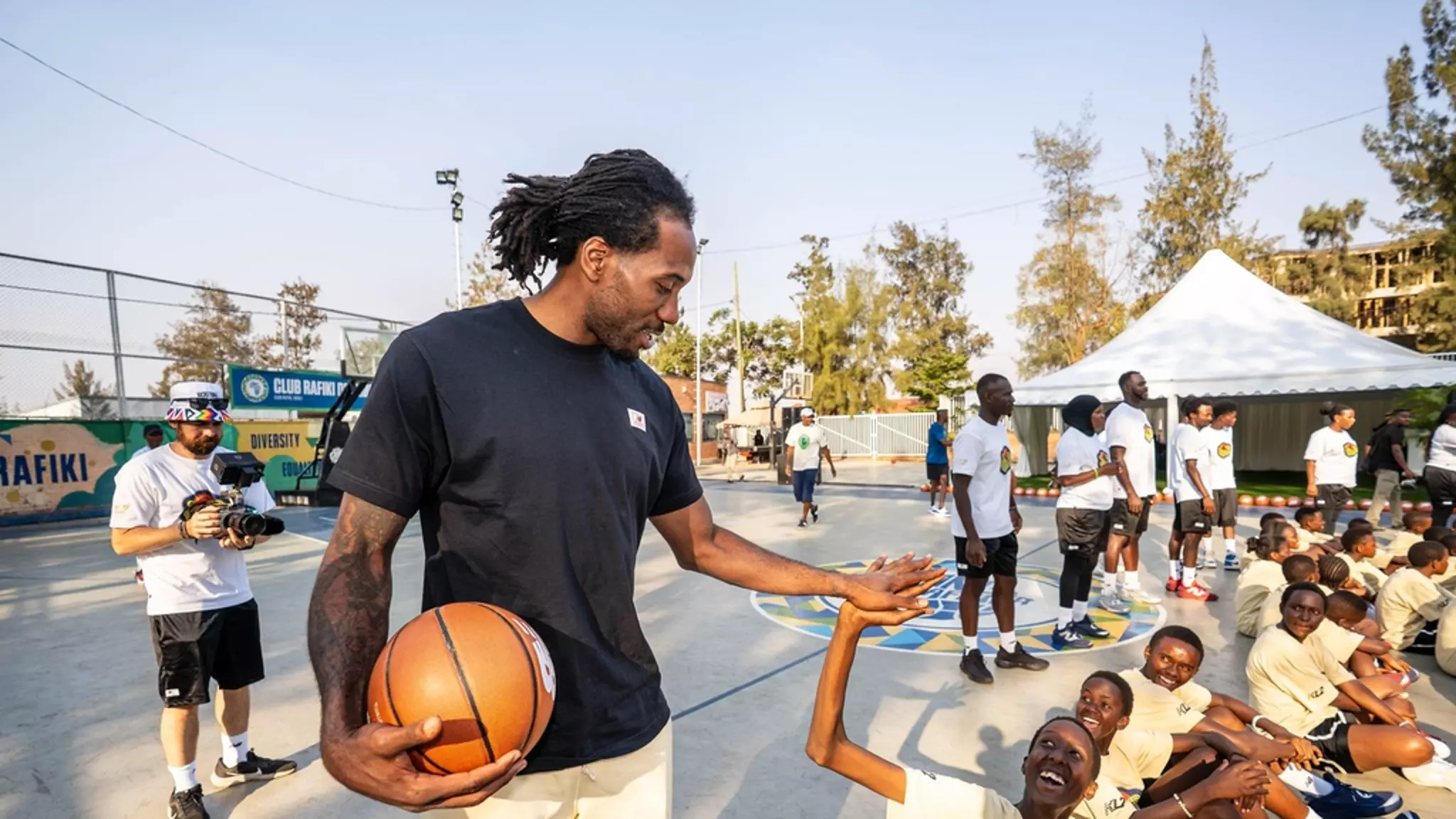Kawhi Leonard’s recent visit to Rwanda marks a rare blend of sports greatness and authentic community commitment. Far from just a celebrity appearance, Leonard turned his influence into tangible change by gifting an entirely new outdoor basketball court to the youth of St. Ignatius School. This act exemplifies a deeper understanding of the social responsibilities that come with fame—using popularity as a catalyst for empowerment rather than mere entertainment. Instead of merely donating money or hosting a token appearance, Leonard personally designed the court’s artwork and motivational phrases, making the space a reflection of cultural vibrancy and resilience. Such initiatives highlight a profound belief: sports figures can serve as catalysts for societal growth when they leverage their platforms meaningfully. Leonard’s action underscores the importance of uniting athletic excellence with advocacy that seeks to foster hope and development, especially among underserved populations.
More Than a Gift: Fostering Skills and Building Confidence
The basketball camp hosted by Leonard adds a vital layer to his mission—empowering young people through sport. With 50 boys and girls participating, the event went beyond simple fun; it was an intentional investment in skill development and self-confidence. The focus on shooting, defense, and ball handling provides girls and boys with valuable tools, nurturing perseverance and teamwork, qualities essential for growth both on and off the court. The specially designed shirts and sneakers, personalized for each participant, served as tokens of encouragement that they are seen, valued, and capable of greatness. Leonard’s dedication to nurturing talent and building character exemplifies how sports can serve as a pathway to personal transformation and broader social change. His leadership suggests that success does not solely exist in individual accolades but is multiplied when opportunities are created for others to succeed.
Leadership as a Catalyst for Broader Change
Leonard’s visit extends into the realm of diplomatic and strategic discussions, as he met privately with Rwanda’s President Paul Kagame to explore investment opportunities in Africa’s youth. This indicates a nuanced understanding: the power of athletes isn’t confined to their athletic performances but extends to shaping geopolitical and social landscapes. Leonard’s involvement exemplifies how sports personalities can serve as diplomats of change, advocating for sustainable development and youth empowerment on a broader stage. His consistent contributions, from donating resources through nonprofits to actively participating in community initiatives, reflect a leadership style rooted in authenticity and long-term vision. Leonard’s trip reveals that true leadership involves inspiring others through action—modeling values of dedication, resilience, and service that transcend the boundaries of the basketball court. It’s evident that the impact of this trip is not limited to the moment but has the potential to influence generations to come.

